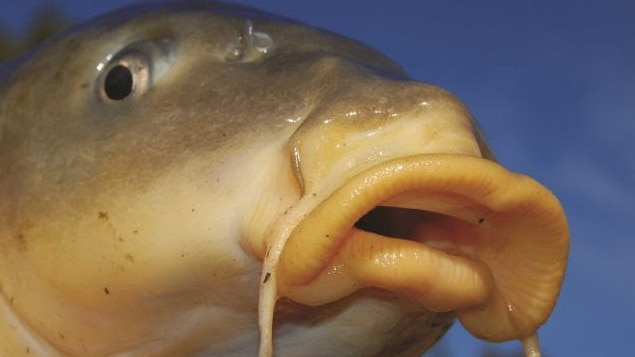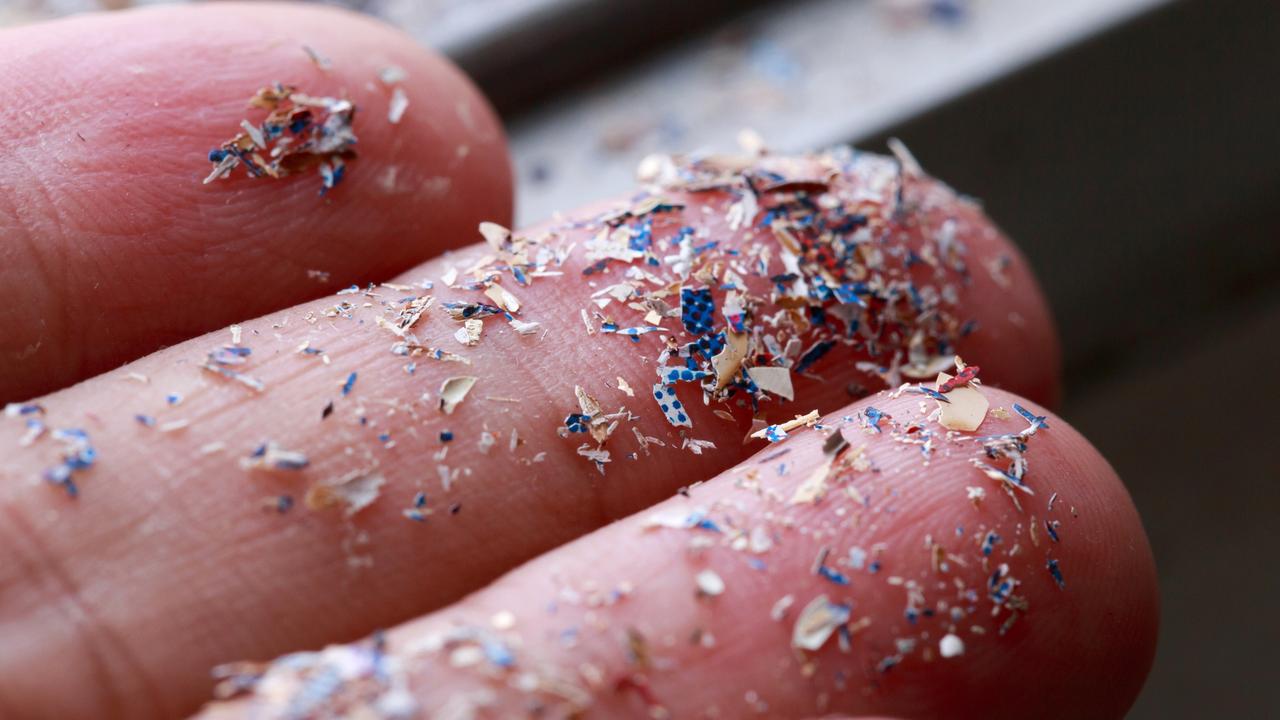Snap to it: there’s a simple solution to ‘carpageddon’ right before our eyes
With a ‘carpageddon’ poised to lay waste to millions of european carp, another creature could prove to be an unlikely hero.

With a “carpageddon” poised to lay waste to millions of european carp, another creature — the “garbage vacuums” of the Murray-Darling Basin — could prove to be an unlikely hero, ensuring the river system is habitable for native species in the aftermath.
More than 100 years after feral carp were introduced into waterways across Australia, plans to cull the pest by releasing the lethal carp herpes virus into rivers have hit a major stumbling block: how to clean up millions of carcasses.
At Western Sydney University, researchers believe they have partially solved the problem: Australian freshwater turtles. Their research demonstrated the endangered scavenger is an integral part of healthy river systems, providing a cleaning service that improves water quality for native animals and human consumption.
While the solution won’t be a silver bullet, main researcher and WSU associate professor of ecology Ricky Spencer said turtles could account for about half the fish that will be killed.
“We know that they’re pretty much the garbage vacuums of the river, so we thought: right let’s actually quantify it and see how much they eat and how much they actually impact on water quality,” Dr Spencer told The Australian.
“Essentially those nutrients, the bacteria you get from fish bloating and all that sort of stuff, gets released into the water, they (freshwater turtles) pretty much eat it, and those issues around blue and green algae are non-issues.”
The clean-up of river systems after the virus’s release — which is expected to wipe out 80-90 per cent of the carp — has been a point of conjecture for basin stakeholders, with considerable uncertainty about who would be responsible for disposing of the dead fish.
Previously, mass carp deaths have deoxygenated water, threatening native fish, while also creating problems for local tourism.
Pointing to the sheer scale of the clean-up, with people in boats using nets to collect dead fish the only idea currently on the table, Dr Spencer said turtles would be vital in less-accessible areas.
“NSW, Victoria, most of South Australia and up the Darling in Queensland — every wetland and every piece of river — you’re not going to get there and clean it up.”
Dr Spencer is building support for his nascent Million Turtles program, which engages schools and local communities, giving them the tools to repopulate turtle populations in their area.
“We want them to do it, the communities, rather than the government, because the problem is you have to wait till something becomes endangered or critically endangered before government money kicks in,” he said.


